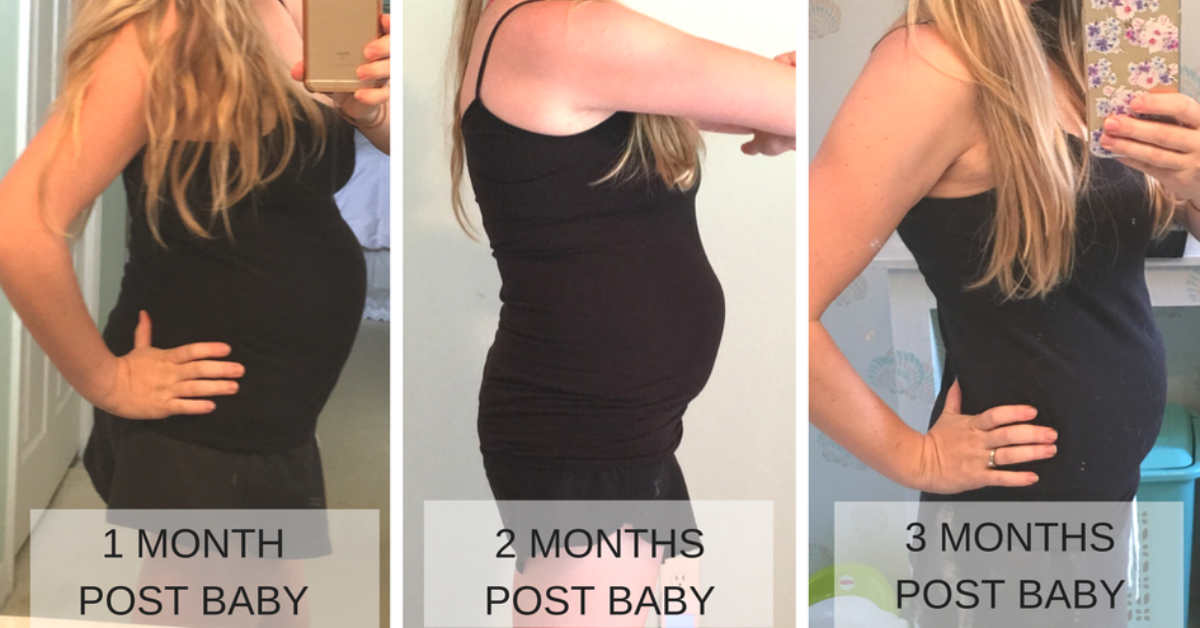You may be wondering how long it takes to lose baby weight after delivery. The simple answer is 6 to 12 months. However, you should give yourself that long because the weight distribution is different after pregnancy. If you set too high of a goal, you will get frustrated because you cannot reach it. You should give yourself this time to return to your pre-pregnancy weight. Here are some tips to lose baby weight after delivery
How long does it take to lose baby weight?
According to doctors in Canada, the time period between three months and one year after giving birth is vital for women to Lose Baby Weight After Delivery. Failure to do so puts a mother’s health at risk. Women with uncontrolled weight gain have a higher risk of developing heart disease and diabetes and are more likely to develop high blood pressure. Luckily, there are ways to manage weight gain during pregnancy and keep a healthy weight throughout your pregnancy.
The key to losing baby weight after delivery is to eat regularly. While a calorie-controlled diet will help, it is still better than nothing. Do not set yourself unrealistic goals – a few pounds per week will do, but if you set too high a target, you’ll get frustrated. However the weight distribution after pregnancy may change. It is better to give yourself six to twelve months to get back into shape safely.
- Sleep to Lose Baby Weight After Delivery:
- Lose Baby Weight After Delivery with Underactive thyroid:
- Stressful pregnancy:
- Stressful postpartum period:
- Breastfeeding To Lose Baby Weight After Delivery:
- Stress:
- Diet To Lose Baby Weight After Delivery:
- Exercise To Lose Weight After Delivery:
- If you are a fashion lover join here Wears360.com
Sleep to Lose Baby Weight After Delivery:

The amount of weight gained during pregnancy is normal. It may take up to six months to lose it completely. If you have gained more than this, it may take two years or even more. The amount of weight you gain will depend on your personal health and the level of activity you engage in. While you’re pregnant, the best thing to do is focus on healing your body, nourishing your baby, and enjoying your new arrival.
Lose Baby Weight After Delivery with Underactive thyroid:
If your thyroid gland is underactive, it can cause the following symptoms: fatigue, constipation, and increased body weight. The good news is that these symptoms are not life-threatening. Underactive thyroids are treatable with daily hormone replacement tablets. This medication replaces the hormone thyroxine in your thyroid. Because of the risks associated with taking this type of medicine, it is recommended that you consult a doctor before starting any exercise program.
Women with overactive thyroids should continue to see their doctor regularly while breastfeeding. Thyroid hormone levels change as your body changes. Your doctor may want to adjust your medication to compensate for the changes. A damaged thyroid can cause an underactive or overactive thyroid. Your doctor will make the necessary adjustments. Symptoms may not be noticeable for a few months after childbirth. However, you should take these medications after breastfeeding to avoid any adverse effects.
Stressful pregnancy:
A stressful pregnancy can lead to several problems, including
- High blood pressure
- Gestational diabetes
- ‘Premature labor
In addition to putting a strain on the mother-to-be’s health, high levels of stress can also lead to dietary issues, such as eating too much food or becoming underweight. These problems can be further compounded by the fact that many women experience mood swings and irritability during their pregnancy.
If the mother-to-be is suffering from depression or anxiety, she should speak to her healthcare provider as early treatment is critical to the mother-to-be and the baby. Likewise, she should accept help from loved ones when needed. It is perfectly fine to ask for help, whether it is to clean the house or attend prenatal appointments. As long as she is getting the proper care, stress-free pregnancy can be a healthy one for the entire family.
Stressful postpartum period:
You may feel like you’re too busy or overwhelmed to exercise and lose weight during the postpartum period. In fact, nearly half of new mothers develop postpartum depression. While you’ll likely experience feelings similar to baby blues, postpartum depression can last for weeks or months. Postpartum depression can interfere with daily functions, lead to suicidal thoughts, and interfere with your self-image.
Luckily, taking care of yourself after giving birth is a great way to prevent or treat postpartum depression. Making a few simple lifestyle changes may help you feel like yourself again, especially if you’re still recovering from the birth. You might need to put in more time to focus on yourself, but it’s well worth it. Besides, it’s easier to do than you think.
Breastfeeding To Lose Baby Weight After Delivery:
If you’re a new mother and are wondering how long it takes to lose baby weight when breastfeeding, there are several things you can do to help your body shed those extra pounds. First, you should consider what you eat. If you have been solely breastfeeding your child, you may have been eating a lot of junk food. Try replacing these junk foods with fresh-cut veggies or a small piece of fruit.
While breastfeeding is great for your health and your baby’s development, you shouldn’t worry about losing weight right away. It takes about two months to establish a milk supply, and you might find yourself eating more than normal. Breastfeeding will also increase your appetite, so it’s crucial to avoid drastic weight loss or starving yourself too soon. Try to stick to a gradual weight loss plan. Cutting back on calories or rapidly losing weight can have adverse effects on your milk supply.
Stress:
While you can expect to gain a few extra pounds after having your child, postpartum weight loss is a normal part of the recovery process. Losing these pounds varies by person. It can take from six months to as long as two years, depending on the weight gained and a woman’s individual health. To achieve maximum weight loss, a pregnant woman should focus on healing, nourishment, and enjoyment of the baby.
After pregnancy, it is very important to continue eating a healthy diet. Even if you only eat a couple of meals a day, this will help you lose baby weight. You can even do light exercise if it is not too strenuous. The key is to avoid calorie restriction and excessive physical activity, as they can lead to frustration and a slower weight loss than you had initially anticipated.
Diet To Lose Baby Weight After Delivery:

After giving birth, the first big question that you’ll likely have is: “How long does it take to lose baby weight?” The answer is individualized and depends on many factors, including the delivery method and healing process.
- Your doctor can give you recommendations, but the general guideline is 25 to 35 pounds per week.
- A woman’s lifestyle and dietary habits may also change after pregnancy.
- Losing baby weight does not necessarily mean a drastic lifestyle change.
While many women are proud of their postpartum bodies, the truth is that their weight loss is often inconsistent and unpredictable. After giving birth, your body will naturally lose some weight but may struggle to lose the remaining 10 pounds. Many celebs, such as Adriana Lima, can walk the runway after giving birth. But weight loss after childbirth is not a cakewalk. After a year, the last few pounds can seem impossible to lose.
Exercise To Lose Weight After Delivery:
Once you’ve given birth, you may wonder how to lose baby weight with exercise. A few gentle exercises are appropriate for the first few months after childbirth, including gentle walking or core strengthening. If you had a cesarean section, it may take longer to begin exercise. Consult with your doctor before beginning any new exercises. You should also consult with your doctor if you’re pregnant or plan to have a cesarean section.
It’s important not to push yourself too hard. The 10% rule, which recommends increasing your distance by ten percent each week, can help. It’s also helpful to spread out your exercises. Three 10-minute periods of exercise are just as effective as one 30-minute session. And don’t forget about sleep. You can do a few exercises while the baby sleeps. You can also get creative with the exercises. You can incorporate one of your favorite exercises into your routine.




